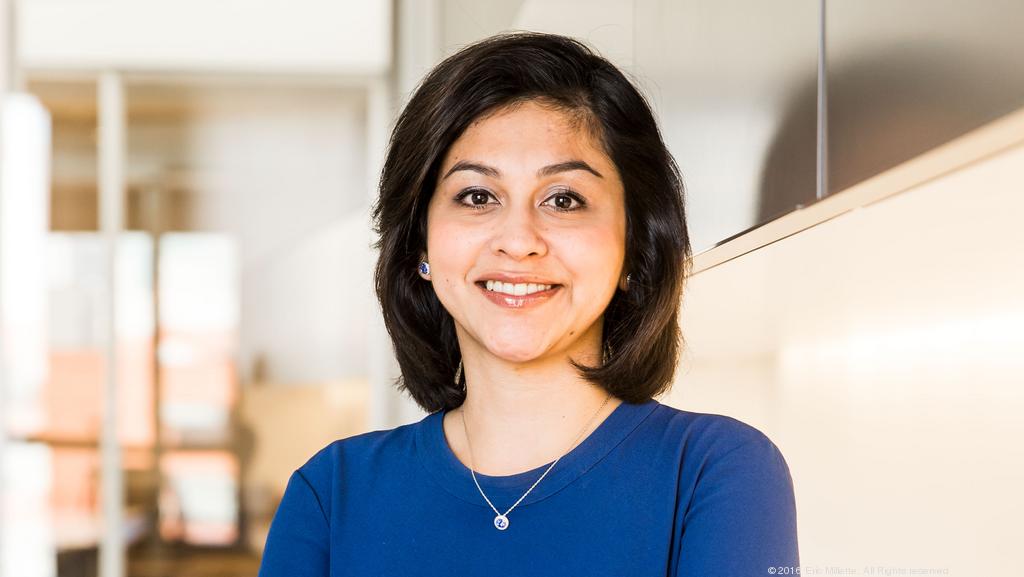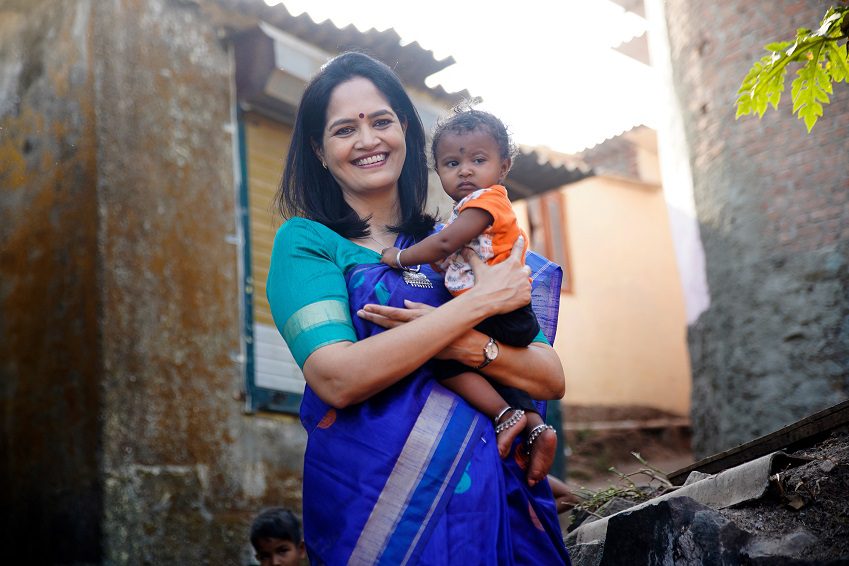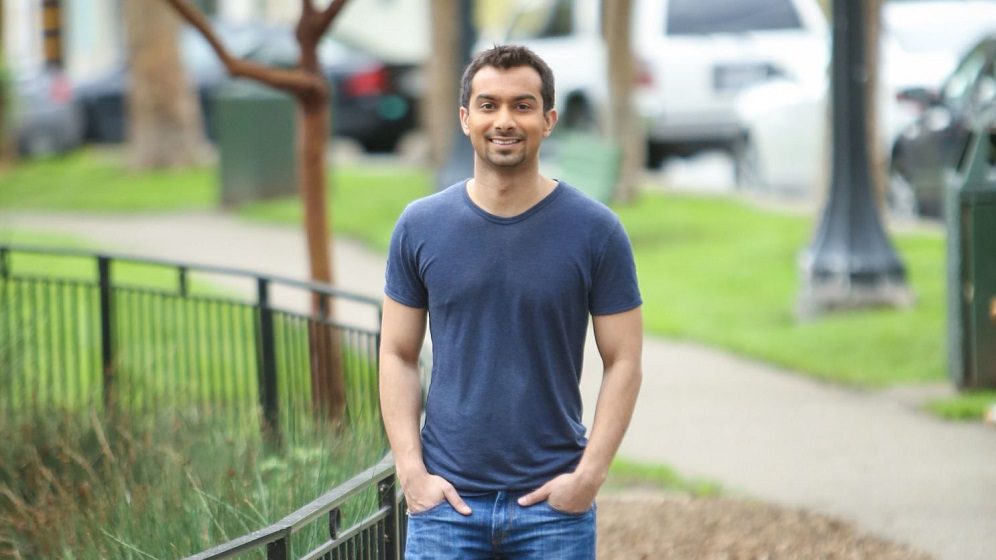(August 17, 2021) Pune-born Neha Narkhede was all of 8-years-old when she got her first computer, she’s been hooked to technology ever since. After working as a software engineer at LinkedIn for a couple of years, the US-based Narkhede went on to co-found streaming platform Confluent in 2014. Today, the company which went public in June 2021 is valued at $9.1 billion and Narkhede’s net worth is estimated to be a whopping $925 million, catapulting her into Forbes’ list of America’s Richest Self-Made Women.
Talking about her love for all things tech, Narkhede in an episode on Behind the Tech with Kevin Scott, said, “It was unique in those times back in India to have a computer and so somewhere, deep down, I was very appreciative. And then it became the tool that fueled my curiosity.”
During her time at LinkedIn, she also helped invent an open-source software platform, Apache Kafka, to process the site’s torrent of incoming data from things like user clicks and profile updates. It was during the course of her work here that she sensed the opportunity and branched off with two colleagues to set up Confluent. The enterprise builds Kafka tools for companies and has some notable clients such as Goldman Sachs, Netflix, and Uber on its list. Her work also got her featured in the Innovators Under 35 in 2017.

Neha Narkhede
From Pune to the US
Born and brought up in Pune, Narkhede grew up in a Maharashtrian household and studied engineering at Pune Institute of Computer Technology. In an interview with CNBC, this Global Indian said that she owes some of her success to her father, who selected books and told her stories of women who were trailblazers in typically male-dominated fields.
“He picked examples from many different walks of life: I read books about Indira Gandhi, who was the first female prime minister of India. He told about Indra Nooyi, who is a woman of Indian origin who went on to become CEO of PepsiCo, and about Dr. Bedi, who was the first female head of the Indian police offices.”
What this went on to do for Narkhede was that it cultivated a sense of empowerment in her and led her to believe that she could achieve the impossible as well.
She moved to the US in 2006 for her Masters in Computer Science from Georgia Tech, following which she landed a job at Oracle as the lead engineer responsible for designing and implementing hierarchical faceted search in Oracle Text.

Neha Narkhede with Confluent co-founders Jay Kreps and Jun Rao
Entrepreneurial journey
Two years later she was at LinkedIn where she helped invent Kafka. It was following the success of this open-source software platform that Narkhede realized the opportunity it presented. By 2014, she had quit her job to set up Confluent as a B2B infrastructure company along with two of her colleagues from LinkedIn. The Palo Alto-headquartered company took off and began growing from strength to strength. In 2017, Narkhede co-authored Kafka: The Definitive Guide along with Gwen Shapira and Todd Palino, a book that throws light on the technology that created Kafka.
Narkhede, who initially served as the Chief Technical Officer at Confluent, later took on the role of Chief Product Officer and now serves as a board member. The company which recently went public, is valued at $9.1 billion, taking Narkhede’s personal net worth to $925 million, ranking her 35th on the Forbes list.
Breaking into the male bastion
The tech world is typically associated with men, and it is men who are most often featured on top in the sector. So, to make inroads and stand her ground in a sea of men is no mean feat. In her CNBC interview, Narkhede said that to get ahead in a male-dominated field like tech, it helps to be “a little deaf”.
“You want to preserve your grit and your sense of ability among quite a lot of skepticism that feeds in from the outside. Being a little deaf helps quite a bit — it’s a survival strategy.”
She went on to add, “If you encounter something that looks like a ceiling, assume it’s a glass ceiling and try to smash it — but if it turns out to be a stone or concrete one, move on,” she adds. “That’s what I do.”
Giving Back
Along with breaking the glass ceiling, Narkhede is also doing her bit for society. During the pandemic she launched a fundraising campaign along with her husband where the couple managed to raise more than $100,000 in less than two days for Sewa’s $5 million fundraiser. The Sewa fundraiser was meant to send oxygen concentrators along with other emergency medical devices and supplies to India as it battled the deadline second wave of the coronavirus pandemic a couple of months ago.
It may not be easy to make inroads in a sector that is often dominated by men, but Narkhede was driven by the conviction that she could do the impossible – just like her parents taught her since she was a child. Today, Narkhede is a successful NRI business owner in America, holding her own in the world of tech.




This blog is such a hidden gem I stumbled upon it by chance and now I’m completely hooked!